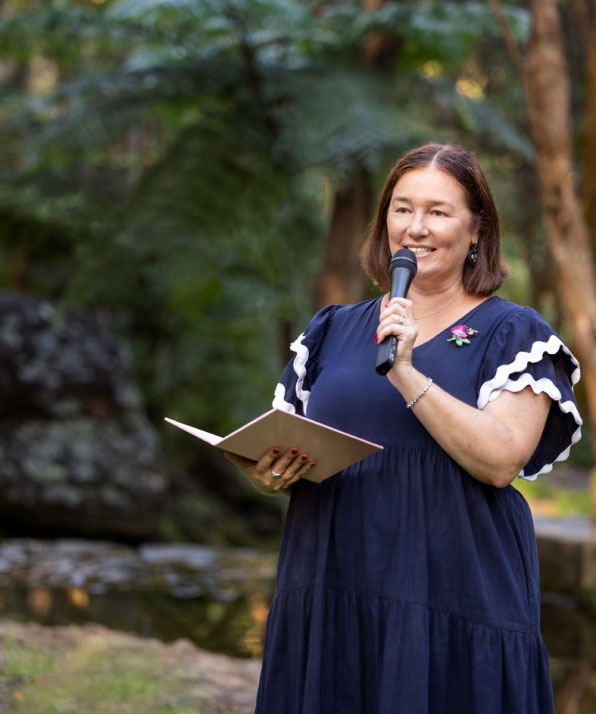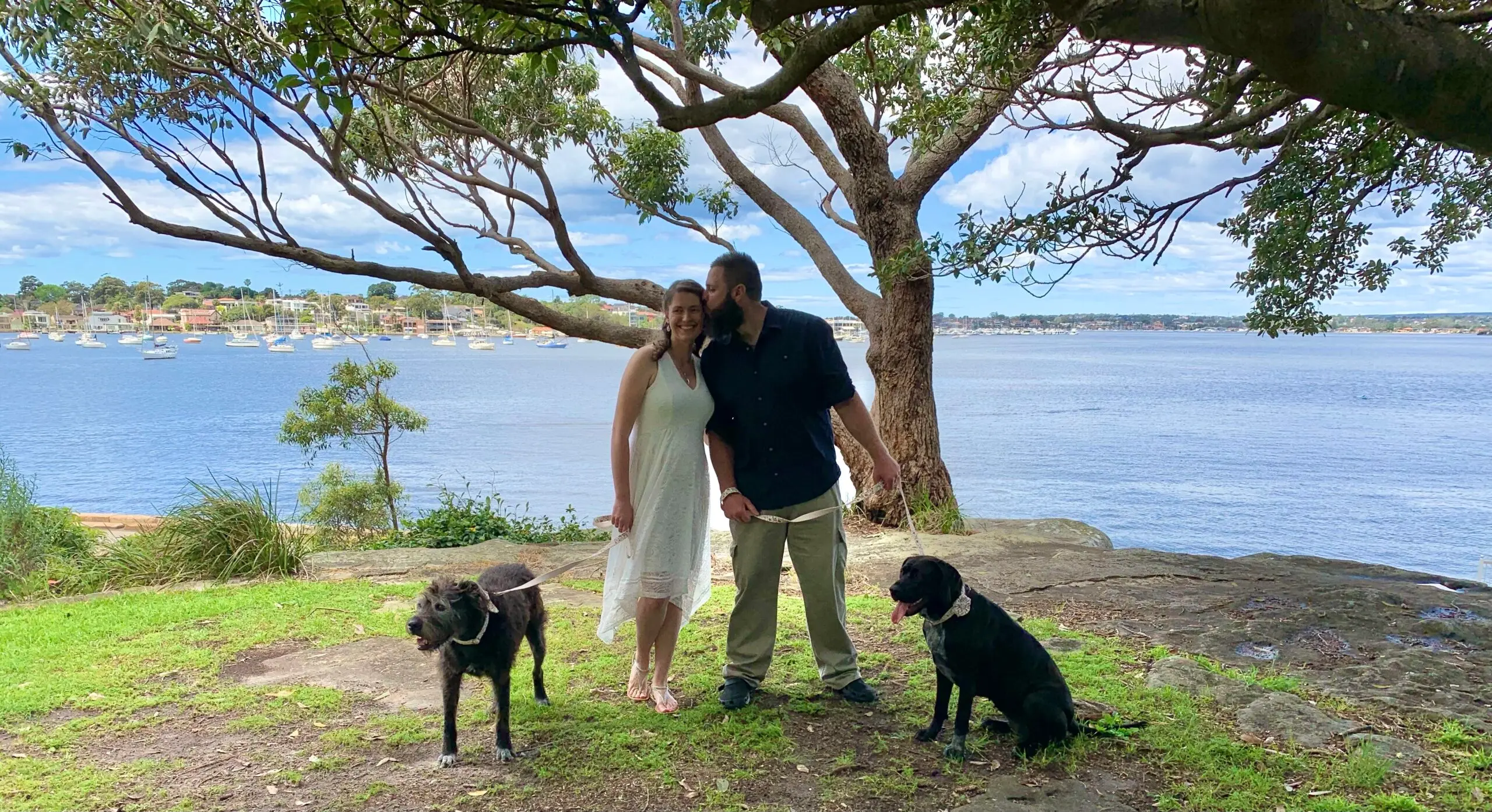Um no, there are significant differences between a Funeral Directors and Funeral Celebrant. While it is not a legal requirement to engage the services of a Funeral Arranger, they do organise the legal paperwork, offer guidance and support during what is often a vulnerable time for family and friends. For support before death occurs, you might also consider working with an end of life doula who can help with death preparedness and advocacy.
What Does a Funeral Directors Do?
- Obtaining a Medical Certificate, Cause of Death (MCCD) or a Verification of Death (VOD) or a Coroner’s Disposal Order. This is required to transport a body from the place of death into the care of the funeral director.
- The body must be disposed of in a legally approved manner. In Australia this means burial (traditional or natural) or cremation (direct, shrouded or aquamation)
- Registering the death with Births, Deaths and Marriages
A Sydney funeral director will manage logistics, handle legal requirements, coordinate transportation, complete paperwork, care for the deceased, organise viewings, and support families through the arrangement process.
A funeral celebrant takes on a ceremonial role, working collaboratively with the family to create a personalised, meaningful and heartfelt service to remember the life of your person. They may begin with creating a warm and gentle space to hold and express grief, allowing the healing process to begin.
A funeral celebrant will guide and help you plan a ceremony using ritual, storytelling, song, candle lighting, visual tributes, floral tributes, selecting specific items for a memorial table and anything else that may reflect the life of your person. Services may be secular, spiritual or religious – it depends on the values of the family and your personal wishes.
The same person may be the Funeral Arranger/Director and celebrant, or you may choose for someone else to be the Celebrant. There are no specific rules when it comes to arranging a ceremony that truly reflects your person.
FAQ
What is the difference between a funeral director and a funeral celebrant?
A funeral celebrant is a professional who creates and conducts personalised funeral or memorial ceremonies. They work collaboratively with families to craft a meaningful service that reflects the deceased person’s life, values, and beliefs through storytelling, rituals, music, and tributes. Services can be secular, spiritual, or religious depending on family preferences.
What is the role of a funeral director?
A funeral director manages the practical and legal aspects of death care. They obtain necessary death certificates, transport and care for the body, coordinate burial or cremation arrangements, register the death with Births, Deaths and Marriages, organise viewings, and provide guidance and support to families during a vulnerable time.
When to call a funeral director?
Call a funeral director as soon as possible after a death occurs. They need to obtain the proper documentation (Medical Certificate of Cause of Death, Verification of Death, or Coroner’s Disposal Order) to legally transport the body from the place of death into their care. Early contact also allows them to guide you through the necessary arrangements.
Do I need both a funeral director and a funeral celebrant?
Not necessarily. While a funeral director manages logistics and legal requirements, you’re not legally required to use one in Australia. A funeral celebrant focuses solely on the ceremony. Some funeral directors are also qualified celebrants and can provide both services, or you can engage them separately depending on your needs.
Can a funeral celebrant handle the legal paperwork?
No, funeral celebrants focus on the ceremonial aspects only. Legal paperwork, such as obtaining death certificates, registering the death with Births, Deaths and Marriages, and arranging body disposal, must be handled by a funeral director or by the family directly if they choose not to use a funeral director.
Can the same person be both a funeral director and a celebrant?
Yes, some funeral directors are also qualified funeral celebrants and can provide both services. However, you can also choose to engage separate professionals—one to handle the logistics and legal requirements and another to focus on creating a personalised ceremony that truly honours your loved one.




